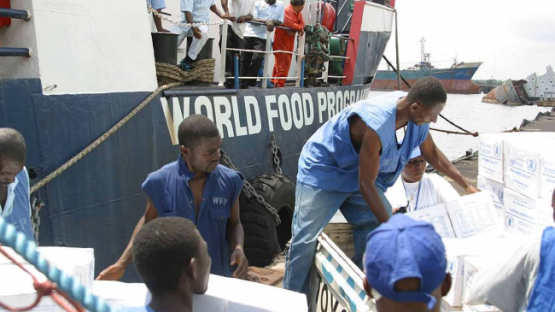
26th MEU(SOC) PAO (U.S. Marines) / Public domain source
Commentary on new partnership

26th MEU(SOC) PAO (U.S. Marines) / Public domain source
Palantir and the UN’s World Food Programme (WFP) are partnering for a reported $45 million. Palantir, a US-based company that sells data software and has been the centre of numerous scandals.
The World Food Programme provides assistance in food and nutrition to around 92 million people each year. Systems that are produced in agreements such as the one between WFP and Palantir increase risks to the people the they are attempting to help. There are risks to both individuals and whole populations from the gathering and processing of data from humanitarian activities.
This data is highly sensitive, and it is essential that proper protections are put in place, to limit the data gathered, transferred, and processed. The recipients of WFP aid are already in extremely vulnerable situations; they should not be put at additional risk of harm or exploitation.